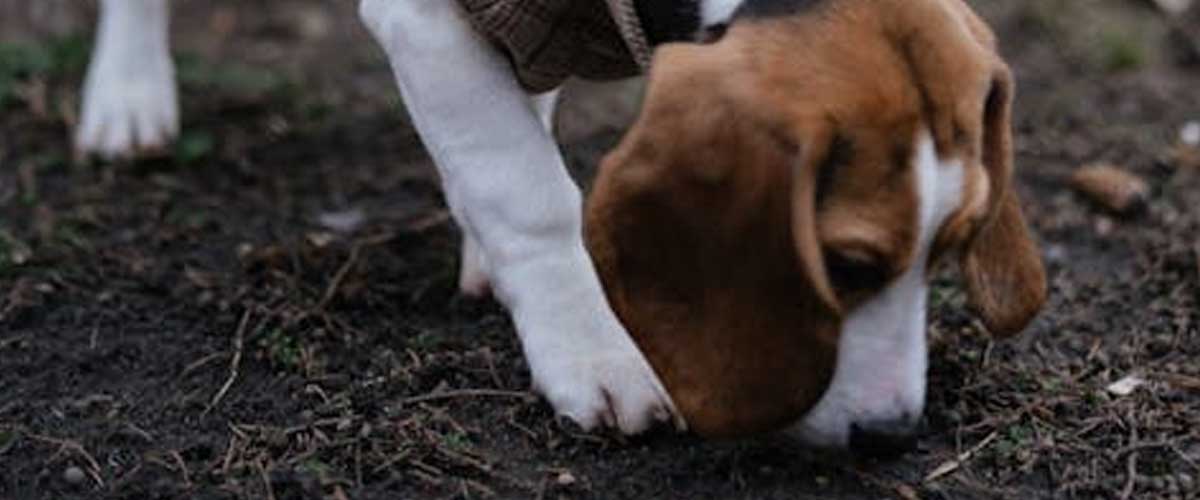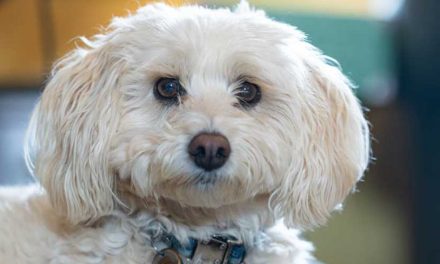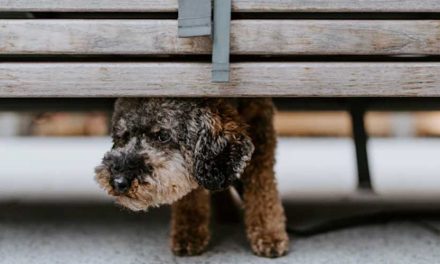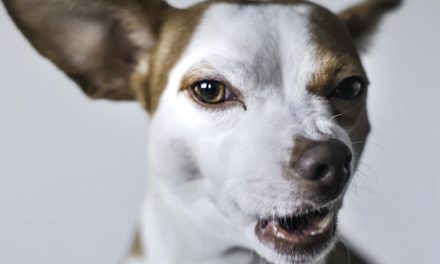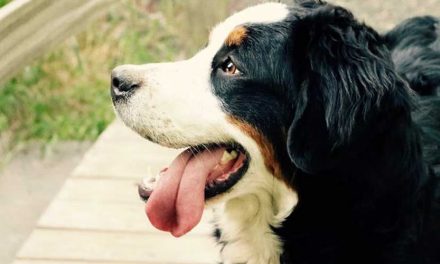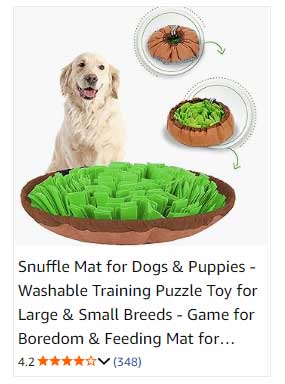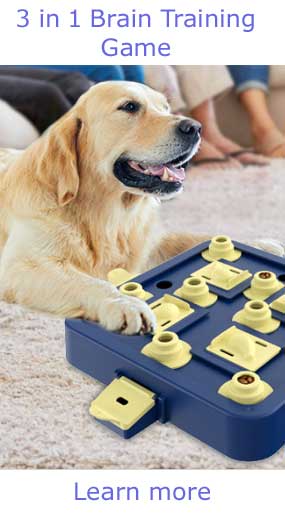For thousands of years, dogs have held a special place in human society, and their role as hunting companions is one of the most cherished aspects of this relationship.
The bond between hunter and dog extends beyond mere utility; it is one built on trust, teamwork, and a shared passion for the great outdoors.
The Historical Context The relationship between humans and dogs in hunting can be traced back to ancient civilizations.
Early hunters relied on the keen senses of dogs to track and pursue game, making them invaluable allies.
Over time, breeders selectively cultivated various breeds to enhance specific traits, resulting in the diverse hunting dogs we know today—retrievers, pointers, hounds, and spaniels, each with unique skills tailored to different types of game and hunting environments.
The Skills That Make Them Exceptional
Dogs possess an extraordinary array of skills that make them exceptional hunting companions:
1. Sense of Smell:
Dogs have an extraordinary sense of smell, estimated to be anywhere from 10,000 to 100,000 times more sensitive than humans.
This makes them unparalleled tracking companions, capable of detecting scents that would be imperceptible to the average hunter.
2. Intelligence and Training:
Many hunting dogs can be trained to follow commands, control their excitement, and work collaboratively with their human partners.
The bond formed through training and teamwork increases effectiveness in the field.
3. Versatility:
Depending on the breed, hunting dogs can be trained for various tasks.
Pointing breeds excel in locating birds, retrievers are excellent in fetching game, and hounds are known for their ability to track a scent over long distances.
4. Endurance and Agility:
Hunting usually requires traversing diverse terrain.
Dogs are naturally agile and fit, capable of keeping pace with hunters over rough landscapes and retrieving game swiftly and efficiently.
Types of Hunting Dogs
1. Retrievers:
Known for their gentle mouths and an eagerness to please, retrievers like Labradors and Golden Retrievers are trained to fetch game from water or land, ensuring that nothing is lost after a successful shot.
2. Pointers and Setters:
These breeds excel in locating birds and indicating their location to hunters, often standing still in a distinctive pose until the hunter is ready to take their shot.
3. Hounds:
Bred for their tracking abilities, hounds are often used for hunting larger game.
Their keen noses allow them to follow scents for miles, making them ideal for tracking and chasing.
4. Spaniels:
Typically used to flush game out of dense cover, spaniels are energetic and enthusiastic, serving as both flushing dogs and retrievers.
The Bond Between Dog and Hunter
The relationship between a hunting dog and its owner is often described as symbiotic.
Dogs rely on their hunters for guidance, while hunters depend on their dogs for their extraordinary abilities.
This relationship fosters deep emotional bonds that often extend beyond the hunting season.
Spending time in the field strengthens the connection between dog and owner.
Engaging in shared experiences fosters trust, loyalty, and an understanding that enhances both hunting success and the joy of simply being together in nature.
Ethical Considerations
While hunting with dogs can be a rewarding experience, it is essential to approach the activity ethically.
Responsible hunting practices ensure the welfare of both the dogs and the ecosystem.
Hunters should ensure they are following local laws and regulations, practicing sustainable hunting, and prioritizing the safety and well-being of their canine partners.
Conclusion
Dogs have been, and will likely always be, treasured hunting companions.
Their unique skills, combined with the deep bond shared with their human partners, make them indispensable in the field.
Whether it’s the thrill of the chase or the quiet moments spent together in nature, the companionship of a hunting dog enriches the hunting experience, showcasing the best of what teamwork can achieve in this age-old practice.

